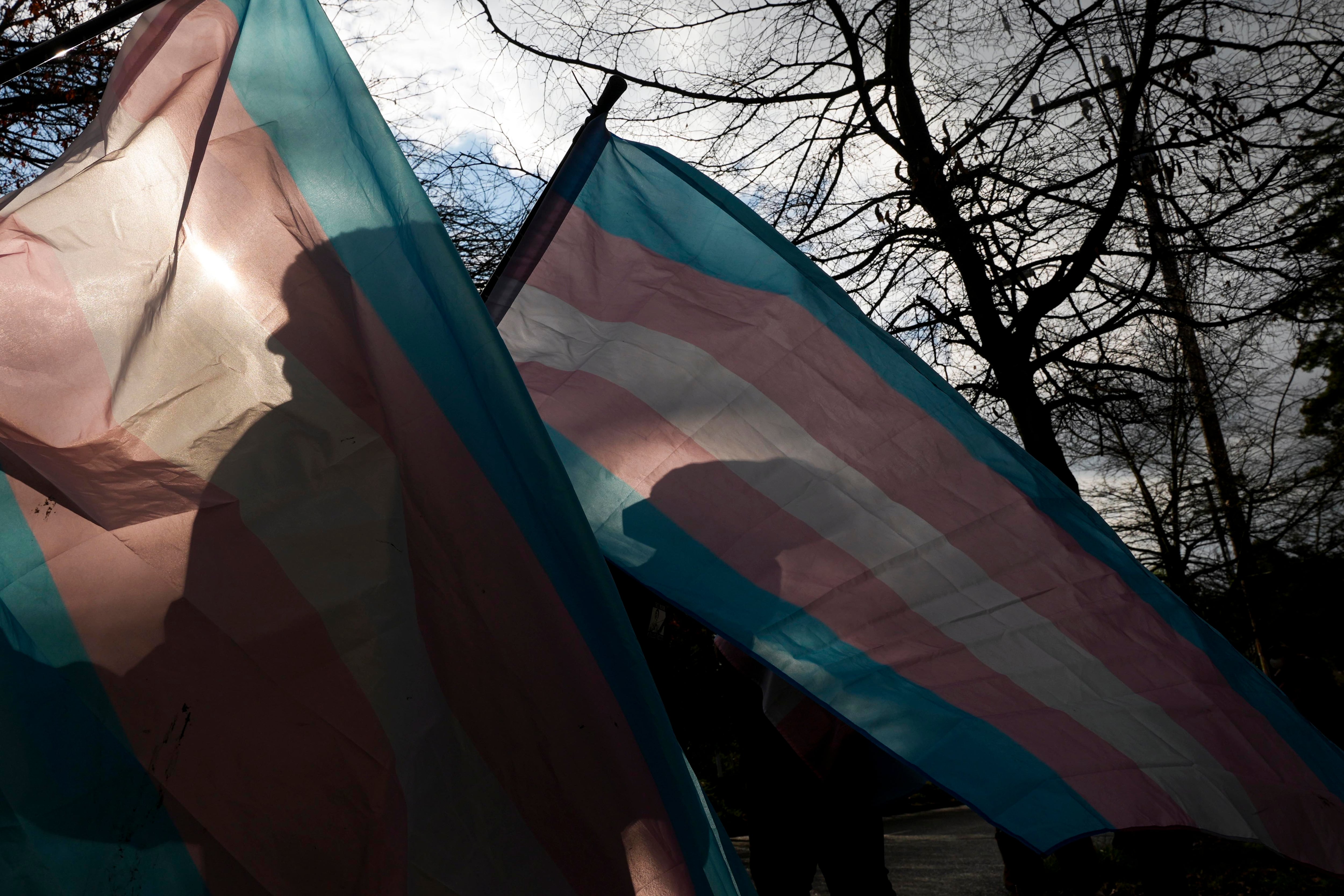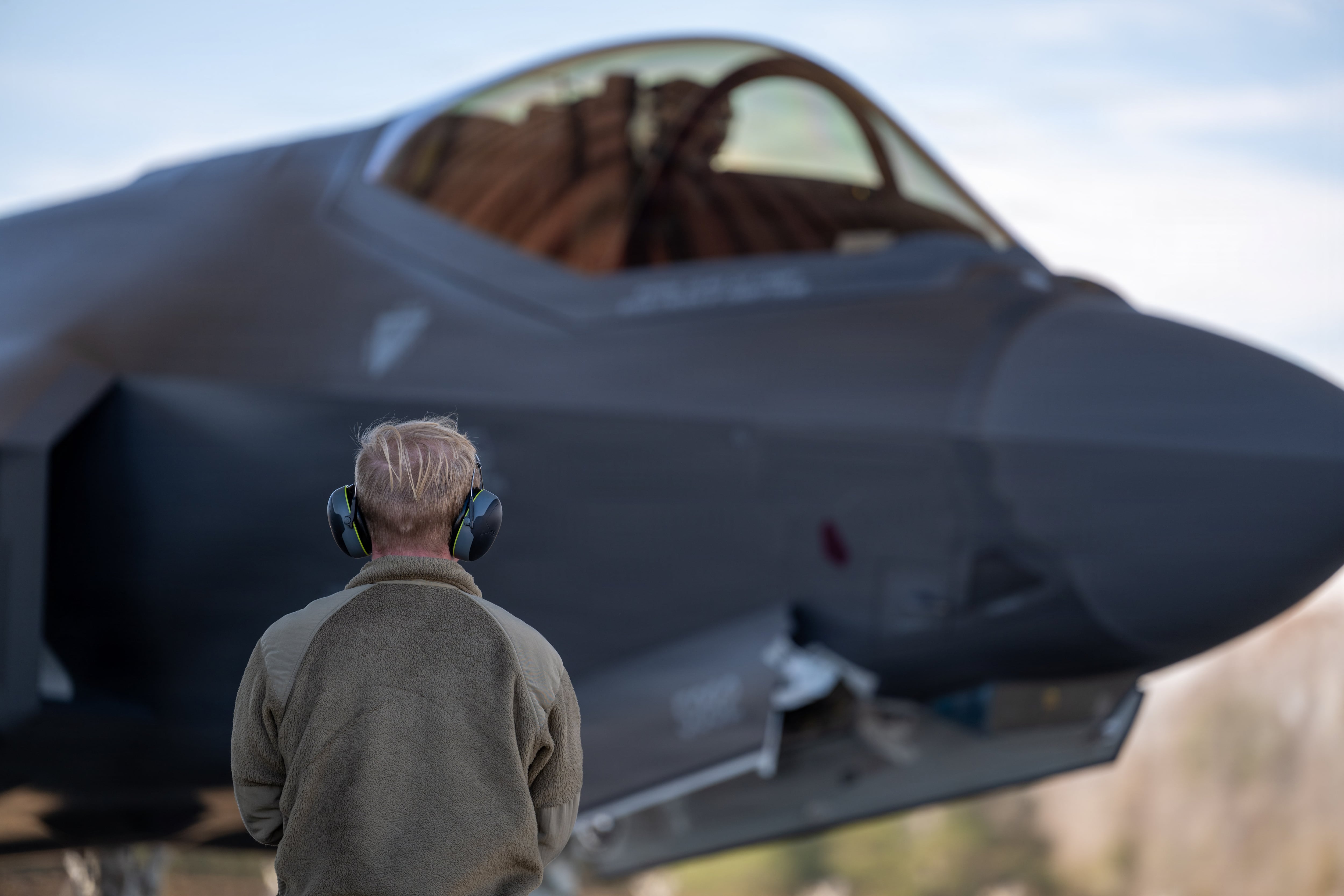The Army has issued its policy on the separation of transgender soldiers through an initial stage of voluntary separation followed by involuntary separation.
“The Army has developed a phased approach for gender dysphoria disqualification and separation from service,” an Army spokesman told Army Times. “The first phase is for individuals who want to self-identify.”
Phase I ends on June 6, the policy states, while Phase II begins on June 7.
The policy, posted to the service’s Human Resources Command webpage on May 22, gives commands 30 days from identification to initiate the separation process for individuals who have a “current diagnosis or history of, or exhibit symptoms consistent with gender dysphoria and/or have a history of cross-sex hormone therapy or a history of sex reassignment or genital reconstruction surgery.”
The Defense Department defines gender dysphoria as referring to a “marked incongruence between an individual’s experienced or expressed gender and their assigned gender, lasting at least six months, as manifested by conditions causing clinically significant distress or impairment in social, occupational, or other important areas of functioning.”
“We encourage anyone subject to this policy to contact their chain of command or appropriate point of contact as soon as possible,” the official said.
Soldiers who fall into those categories are considered immediately non-deployable. If deployed, those soldiers will be redeployed within 30 days of notification or as soon as is feasible, according to the posting.
Individuals will be placed in administrative absence status, outlined in Army Regulation 600-8-10, with full pay and benefits until separation is complete.
“The Army recognizes the selfless service of all who have volunteered to serve,” the official said. “These individuals will be treated dignity and respect throughout this process.”
As part of the new policy, transgender recruits will not ship to initial entry training and will be disqualified at the Military Entrance Processing Station. Applicants currently in the Delayed Entry Program are disqualified from service.
Offers of admission to the U.S. Military Academy at West Point will also be rescinded. Reserve Officer Training Corps cadets may participate in classes until separated or disenrolled. Academy and ROTC cadets will not be required to repay educational benefits and will not be subject to completion of military service obligations.
Green-to-Gold soldiers will be released from the program and separated in accordance with enlisted policies.
Discharge statuses for individuals impacted by the new guidelines will be listed as honorable, according to the policy.
Waivers will be considered on a case-by-case basis for individuals who have demonstrated 36 consecutive months of stability in their biological sex without clinically significant distress or impairment in social, occupational or other important areas.
These individuals must have demonstrated they have never attempted to transition to a sex other than their biological sex and are willing and able to adhere to all applicable standards, including those associated with their biological sex.
The guidance also includes information on intimate spaces policies.
Access to intimate spaces will be determined by the individual’s biological sex. Commanders are instructed to apply all standards that reflect consideration of an individual’s biological sex, such as uniform and grooming standards, body composition assessment, medical, physical and body fat standards, drug testing and bathroom and shower facility use.
Commanders are also expected to ensure all such shared intimate spaces will be clearly designated for either male, female or family use.
House Democrats, meanwhile, have planned legislation to roll back the Pentagon’s efforts to force transgender troops out of the service, which may require a public vote in the coming weeks, Army Times previously reported.
Six service members filed a lawsuit in January challenging President Donald Trump’s transgender ban in the military.
Todd South has written about crime, courts, government and the military for multiple publications since 2004 and was named a 2014 Pulitzer finalist for a co-written project on witness intimidation. Todd is a Marine veteran of the Iraq War.





